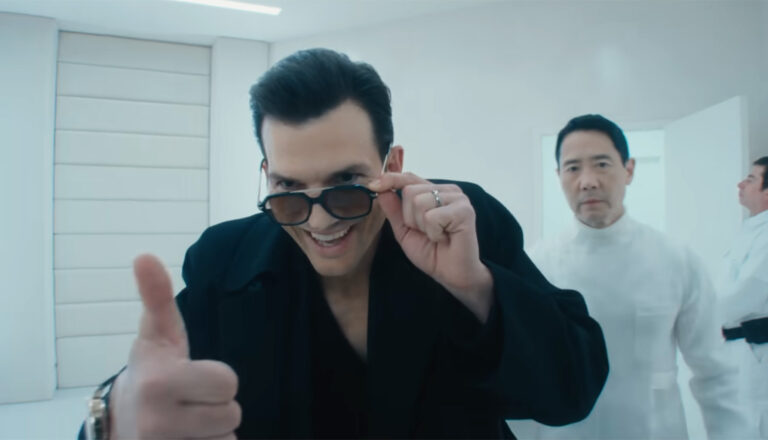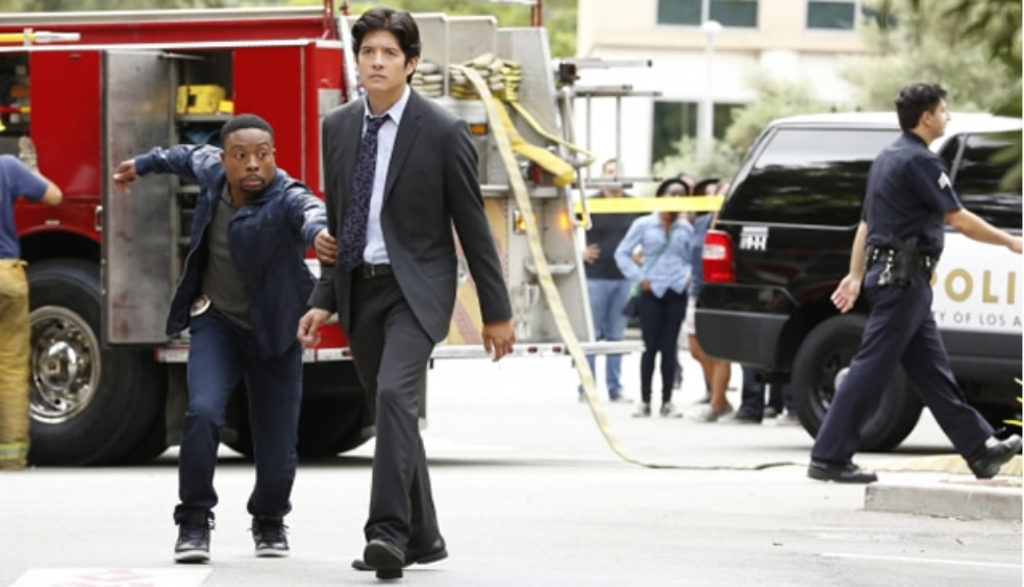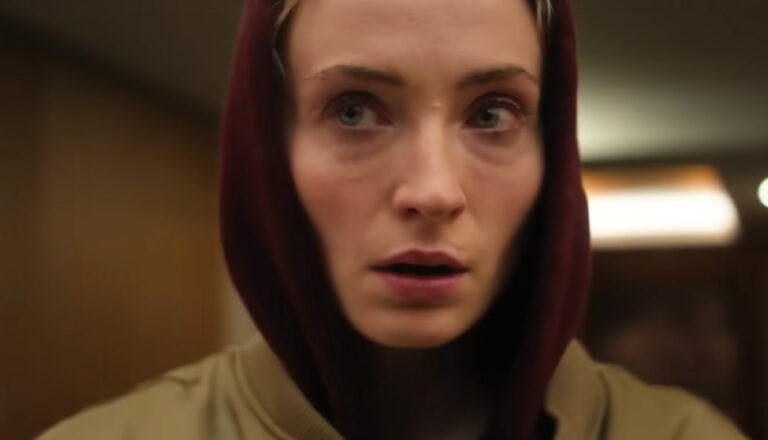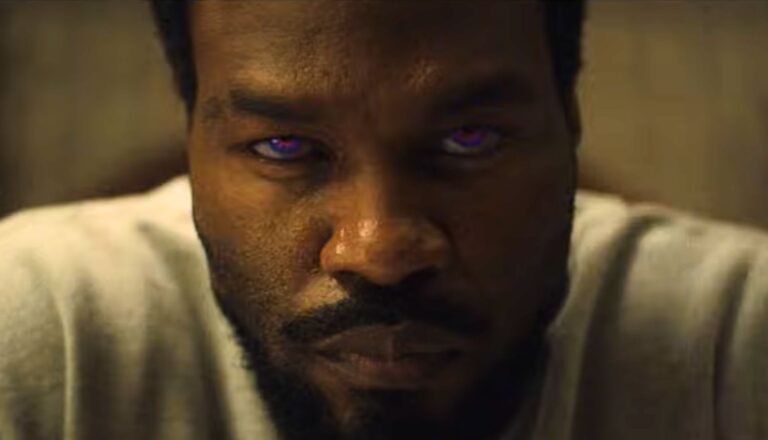
The Beauty
FX’s ‘The Beauty’ will certainly make its viewers think about beauty and vanity, but so many ghastly content concerns make this an ugly show.

Television has always had a soft spot for buddy cops: Starsky and Hutch, Crockett and Tubbs, Mulder and Scully. And now, Carter and Lee.
That latter pair made their debut way back in 1998 in the movie Rush Hour, starring martial arts legend Jackie Chan (Lee) and motor-mouth comic Chris Tucker (Carter). The film spawned two sequels and the franchise earned more than $500 million.
CBS, always in the market for teams of off-kilter crime busters (see Elementary, Hawaii Five-0 and Scorpion), decided to bring the dynamic duo to its small screens, changing the faces— supplanting Chan and Tucker with Jon Foo and Justin Hires—while hoping the popularity of the oddball pair lives on.
Jonathan Lee is one of Los Angeles’ newest cops—a stoic, straight-laced detective from Hong Kong who brings his dour persona and high-flying martial arts to the City of Angels’ most devilish streets. His partner is James Carter, who’s about as stoic and straight-laced as a drunken carnival barker. If Lee’s a by-the-book stickler, Carter’s pure seat-of-the-pants renegade. Naturally they get along famously, because that’s the way TV shows work.
And it’s a good thing, since you never know when they’ll have to tackle—perhaps literally—a mad bomber or a dastardly smuggling ring or the Chinese mafia. To that end, they’re joined by a cadre of supporting characters, including Carter’s old partner Didi Diaz; his jovial and wayward cousin Gerald; and captain, Lindsay Cole.
In an era when television’s heart is set a-flutter by serialized storylines, gut-wrenching twists and vats of problematic content, Rush Hour feels a little like a throwback to that first franchise film. You probably don’t have to worry about Carter, Lee or anyone else of note being eaten by zombies or stabbed by the Black Guard. As long as there are no unforeseen contract disputes, these characters are as safe as your grandmother’s wedding ring. You don’t have to worry about missing an episode either, because they’re all more or less interchangeable. And perhaps because this is as much a comedy as it is a cop show, you’re not going to see the sorts of innards ook you might in a 21st-century crime procedural, and far less searing violence as you’re likely to run into on today’s aforementioned prestige programs.
But lest you take all that as some sort of glowing endorsement and decide to launch into this show like Lee launching into an escaping criminal, be warned: Rush Hour has its share of problems.
There’s lots of violence to consider, certainly. Lee is, after all, known for his martial arts, and he’s not going to show off his skills on a sack of melons. No, he’s liable to unleash a number of fearsome roundhouse kicks on somebody’s torso, and with little warning. Guns get screen time, too. Explosions go boom. People die, and there’s nothing funny about that.
Lee and Carter investigate a series of bombings that, at first glance, seem unrelated. But once the pieces fall into place, the evidence all points to an unlikely culprit.
A car explodes with someone inside. We learn that the bomber included some military-grade shotgun shells in the blast to make sure that, if the victim survived initially, the shrapnel would finish him off. Another man dies when a bomb goes off in his motor home. Two more explosions rock the city. Lee gets into raucous fights with malfeasants, which at one point feature the use of metal bars as bludgeons. Lee is pushed into the water.
Gerald offers to help Lee find a new apartment (after Lee ticketed his previous landlord for smoking in the lobby). He promises a prostitute-free premises, “Unless you like prostitutes,” he adds. “Then I can hook you up, too.” He visits an apartment complex filled with bikini-clad women (snapping selfies with some). We also see a poster of a woman in a bikini and see a muscled dude without a shirt. Captain Cole flirts with an underling.
An apartment unit is filled with drug paraphernalia. We see a suspect make a shady deal. Characters say “a–” at least 10 times. “D–n,” “h—” and “p—ed” are also used once or twice each. God’s name is misused three times, “jeez” once or twice. Someone angrily says something is “BS.”

Paul Asay has been part of the Plugged In staff since 2007, watching and reviewing roughly 15 quintillion movies and television shows. He’s written for a number of other publications, too, including Time, The Washington Post and Christianity Today. The author of several books, Paul loves to find spirituality in unexpected places, including popular entertainment, and he loves all things superhero. His vices include James Bond films, Mountain Dew and terrible B-grade movies. He’s married, has two children and a neurotic dog, runs marathons on occasion and hopes to someday own his own tuxedo. Feel free to follow him on Twitter @AsayPaul.

FX’s ‘The Beauty’ will certainly make its viewers think about beauty and vanity, but so many ghastly content concerns make this an ugly show.

Apple TV+ seems to have a knack for creating deeply heartfelt, wildly problematic comedies. Shrinking is one of them.

‘Steal,’ an intense, nail-biting thriller, will certainly keep you engaged. But that means facing some bloody, frightening situations along the way.

For a superhero show, ‘Wonder Man’ is surprisingly light on violence, but a bit heavy on swearing, sexual allusions and meta-Hollywood references.